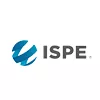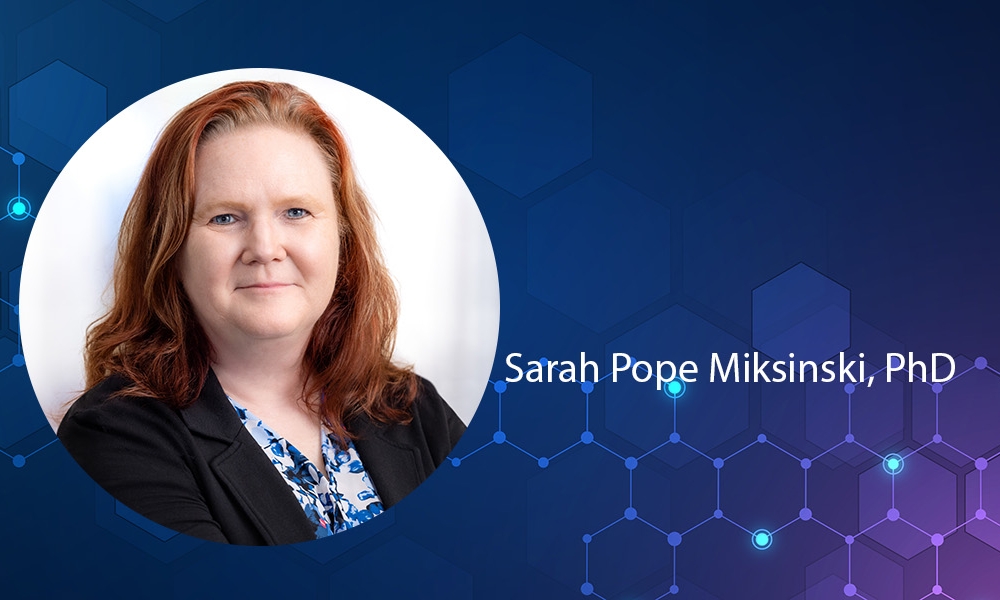Welcome the 2020–2021 ISPE International Board of Directors

The 2020–2021 ISPE International Board of Directors began their term at the Member Meeting on 5 November during the 2020 ISPE Annual Meeting & Expo.
In her address to the membership, Joanne R. Barrick, RPh, Chair, noted that in 2021, implementation of the second year in ISPE’s current Strategic Plan will continue. “While we are changing the ‘how’ we deliver the strategic plan, the plan and our content priorities remain a solid foundation for our Society,” she emphasized. Digitization will enhance content and information availability, and Women in Pharma® and workforce development training programs will remain strong. The Society will continue to seek to expand its impact by increasing its global footprint, Barrick said, noting the recent addition of the Mexico and Eurasian Affiliates. She added that the ISPE Foundation is now poised for significant growth and will include the pursuit of initiatives targeted at increasing diversity in the pharmaceutical industry.
In addition, ISPE will continue to emphasize integration of conference, training, and guidance document offerings and place more emphasis on regulatory topic impact and activities, she said. Opportunities for more interface with the ISPE Board through conferences and participation in Chapter and Affiliate events can be expected.
2020–2021 ISPE International Board of Directors
Officers



Directors Elected to a Second Term
New Directors
Continuing Board Members
The following directors were elected in 2019 to serve a two-year term and will continue their service on the Board:
Young Professionals (Emerging Leaders) Representative (Ex Officio)
Read more about the Member Meeting
The Gavel Passes to the New ISPE Board Chair at 2020 ISPE Annual Meeting & Expo
















